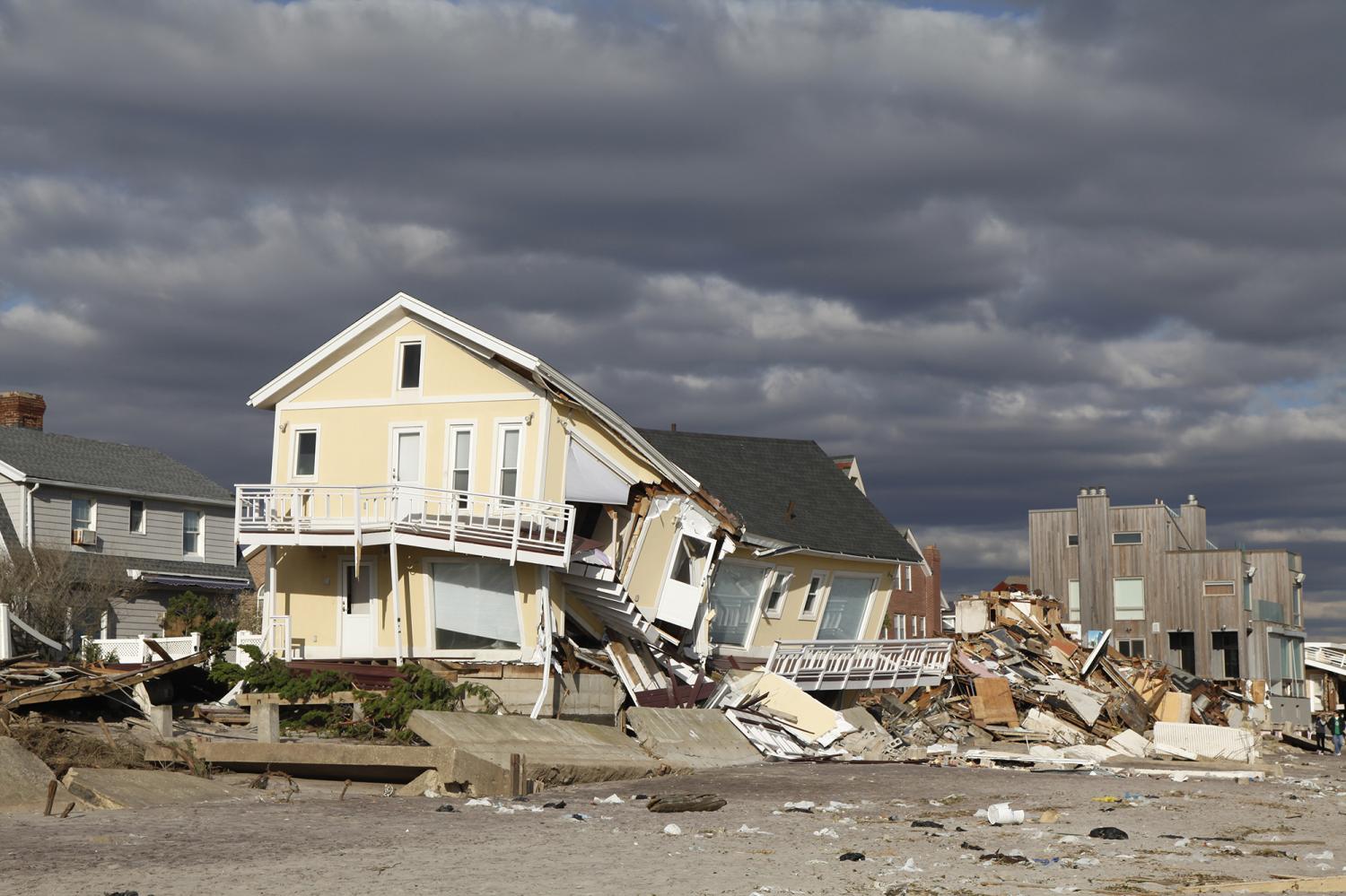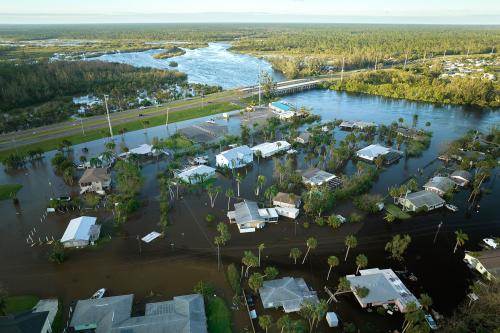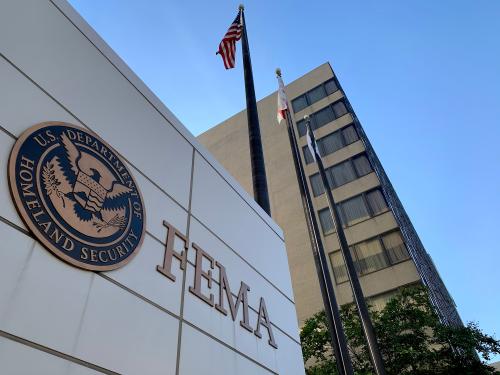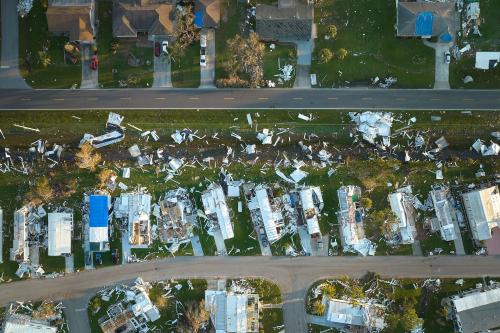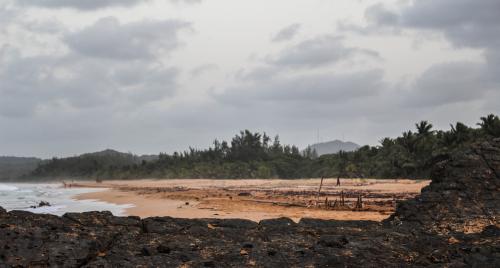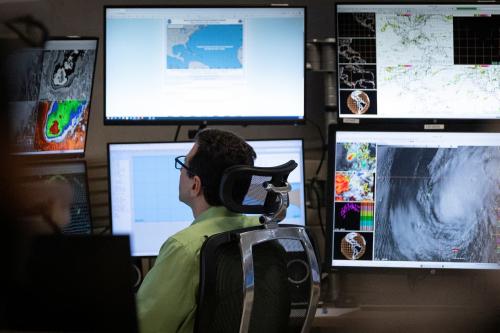The nation’s system for managing disasters is broken. Hurricanes, wildfires, earthquakes, and related emergencies caused by increasingly severe and frequent effects from fossil-fuel-induced global climate change can have massive health and financial consequences for communities. Our current disaster management system relies on local, state, and—increasingly—federal resources to support disaster preparedness and mitigation efforts before a disaster; provide evacuation, safety, and relief during; and support rebuilding and recovery after. Yet gaps in public responses to disasters hold especially true for renters, rental properties, and rental housing stakeholders. Renter conditions—the availability, affordability, and quality of rental housing units throughout this timeframe—are a key indicator of climate and disaster vulnerability. And despite renters accounting for over one-third of U.S. households, funding and programming across all disaster stages still disproportionately serve single-family homeowners.
There have been calls for “disaster justice” over the last decade, often as an offspring of environmental and housing activism. But equitable disaster processes, outputs, and outcomes have remained poorly defined. To ensure that renters’ voices are at the center of any policy or evidence-building agendas, scholars and policy analysts affiliated with the Brookings Institution and Enterprise Community Partners—with generous support from the Walmart Foundation—developed an overview of the key challenges in practice, policy, and evidence on the subject of renters and the disaster continuum, from hazard relief and response through recovery to longer-term hazard mitigation and resilience. The team also hosted a full-day, invitation-only convening of local grassroots tenant organizations, rental housing providers, and regional housing advocates at the Brookings Institution in Washington, D.C. on July 20, 2023, to answer the question: How can tenants and landlords be better served in programs across the public disaster management system?
We approach this challenge comprehensively, starting by including renters at the table. We center renters’ perspectives, incorporating their lived experiences into the evidence base when making recommendations about policy that affects their lives. Drawing on this experience, along with additional research, we offer recommendations for tweaks and transformations to practices among local civic organizations, disaster and housing service providers, and responsible government agencies to center the renters who form a significant portion of their resident and survivor populations. These recommendations include: 1) universal renter protections; 2) the prioritization of low-income renters of all kinds in all disaster programs; and 3) requirements for state and local governments to enforce tenant protections and support tenants and rental housing in exchange for access to federal disaster funding. This document narrates the preliminary research and agenda-setting developed for the convening, describes the convening’s multiple conversations, and outlines recommendations drawn from workshop participants for improving policy and research.
-
Acknowledgements and disclosures
The research included in this report was made possible through funding by the Walmart Foundation. The findings, conclusions, and recommendations presented in this report are those of the Brookings Institution and its partners alone, and do not necessarily reflect the opinions of the Walmart Foundation.
The Brookings Institution is committed to quality, independence, and impact.
We are supported by a diverse array of funders. In line with our values and policies, each Brookings publication represents the sole views of its author(s).



